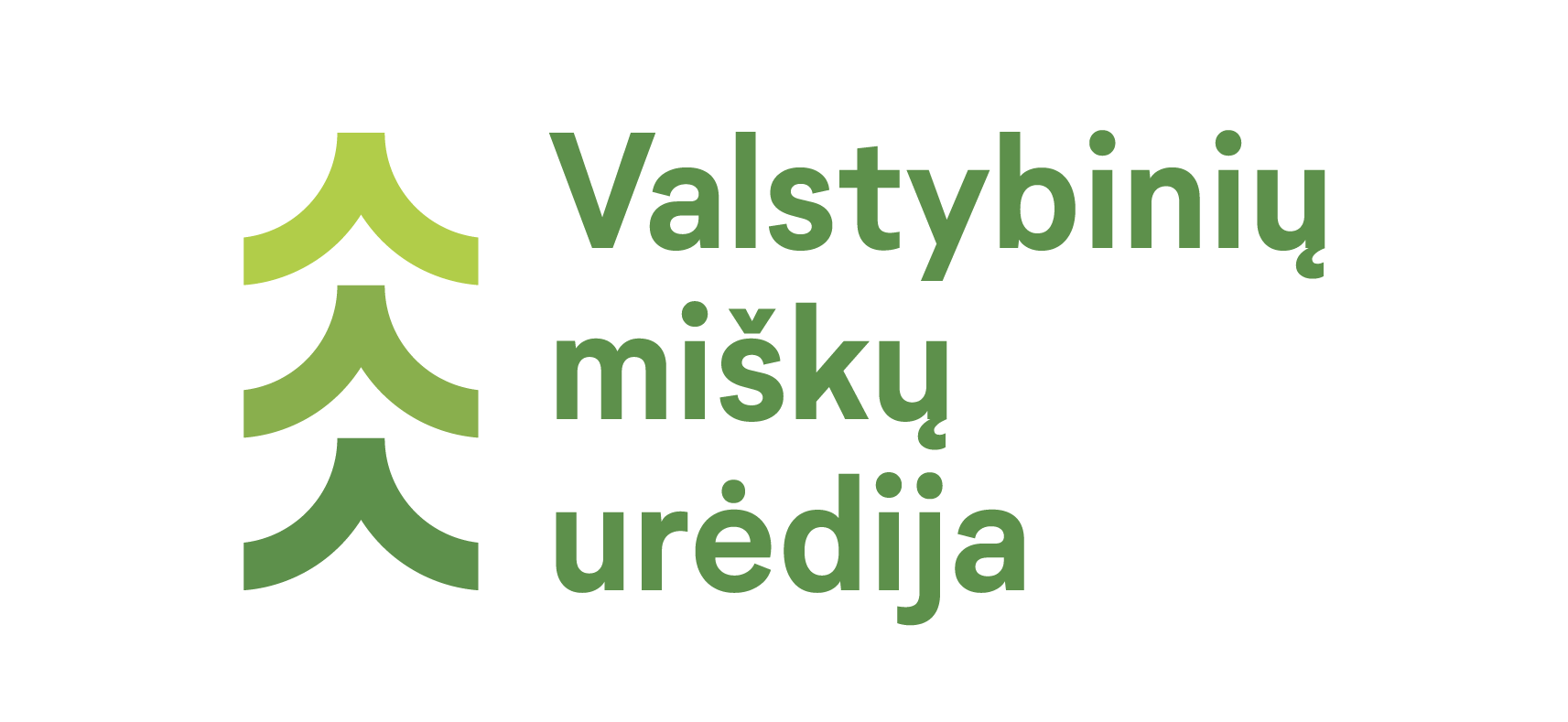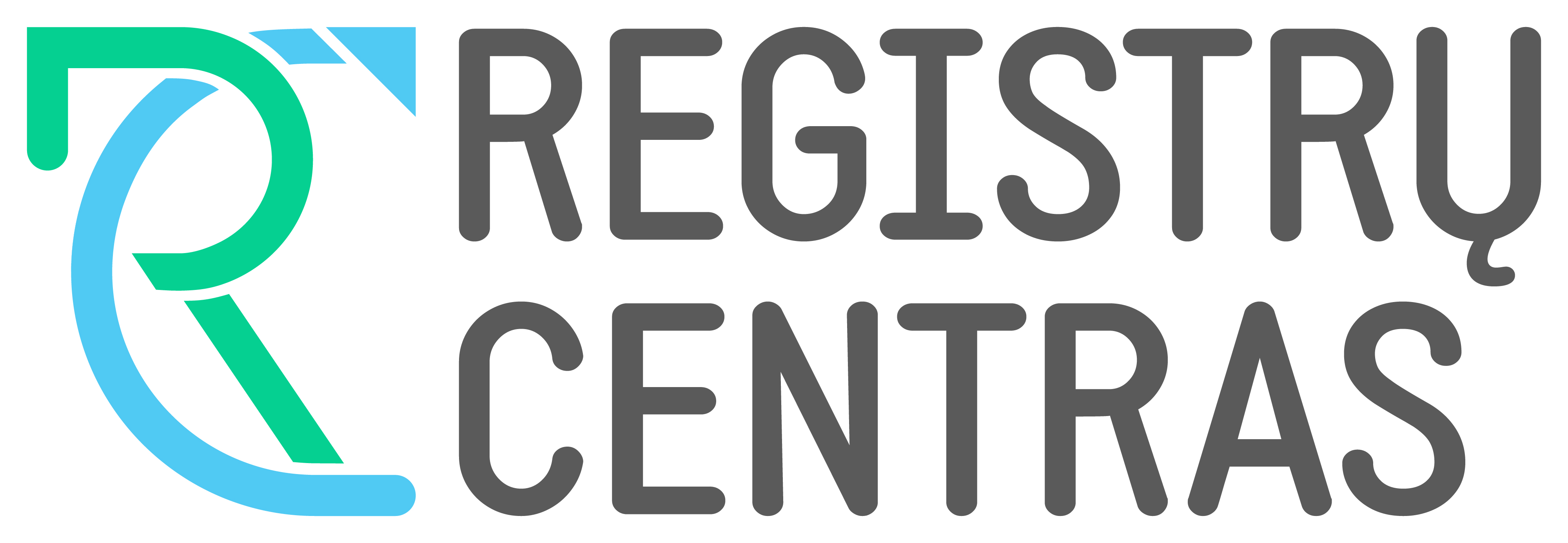Governance Coordination Center organized a remote event for the community of state- and municipally-run companies – a seminar aimed at introducing the principles of sustainability information disclosure in accordance with the EU Taxonomy Regulation and the Corporate Sustainability Reporting Directive, which have expanded the requirements for companies to provide information on ongoing sustainable economic activities.
“The creation and application of the taxonomy system is very closely related to the transparency and accountability of companies. VKC always pays great attention to these aspects and, based on international best practice, since 2018 has been evaluating sustainability reports, which includes the analysis of the disclosure of the company’s environmental and sustainability management, the measures used and the disclosure of their results, and the application of international standards. Continuous cooperation with companies on sustainability issues also has a significant impact on the development of sustainability. We are glad that the quality of corporate sustainability reports has improved over the past few years,” says Vidas Danielius, head of the Governance Coordination Center.
Indrė Kulikauskaitė, head of Deloitte’s sustainability projects, and Ieva Paberalytė-Gražienė, head of Ignitis group sustainability programs, shared their insights on the evaluation of companies’ economic activity and the preparation of reports in accordance with the Taxonomy Regulation.
The EU Taxonomy Regulation is a classification system for environmentally friendly economic activities. This legislation identifies which economic activities in Europe are considered sustainable and environmentally friendly from now on, and will also act as a preventive mechanism for the so-called green brainwashing. The Taxonomy Regulation establishes six environmental objectives: climate change mitigation and adaptation, sustainable use of waters and marine resources, transition to a circular economy, pollution prevention and control, protection and restoration of biodiversity and ecosystems.
f you are looking for more information about the EU Taxonomy Regulation and its implementation in practical activities, we invite you to familiarize yourself with the speakers’ presentations in more detail.









